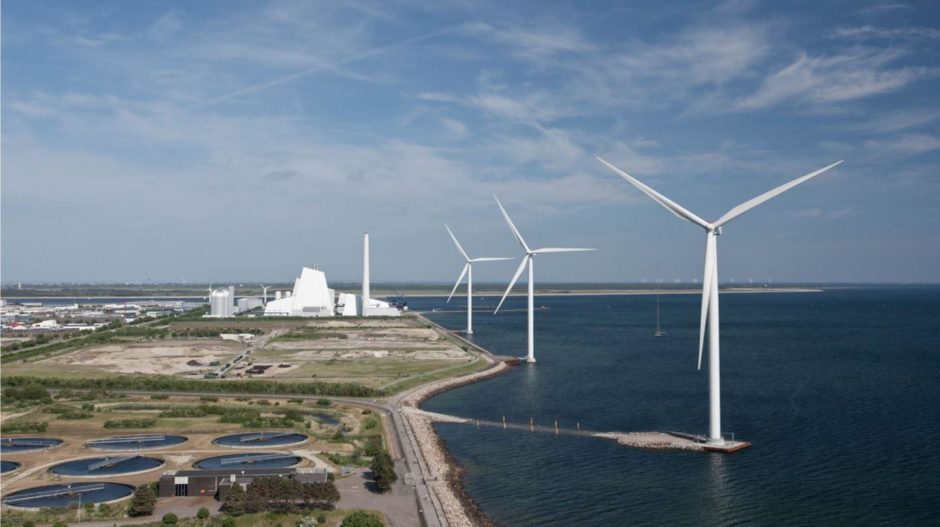
The Danish Energy Agency (DEA) is to establish a new secretariat to support the development of Power-to-X (PtX) projects, ahead of a formal tender for government-backed projects.
The agency, known in Denmark as Energistyrelsen, said the new team would act as the point of contact for all inquiries about PtX.
Formed as part of the country’s wider PtX Strategy, the new secretariat will be able to provide guidance on approval processes and act as a link between stakeholders and authorities, the agency added.
First announced in December 2021, the €160 million strategy aims to support between 4 and 6GW of hydrogen electrolysis capacity in Denmark by 2030.
The government intends to hold a tender to back key projects, including hydrogen production with other PtX products such as ammonia, methanol or e-kerosene.
In the longer term, the DEA sad its new secretariat would, among other things, provide guidance on permits and approval procedures for these proposed projects.
It will also work alongside two other bodies as part of the PtX task force: A DEA-backed working group with relevant authorities, which will promote coordination and the pace of case processing in the PtX area; and a stakeholder forum will be established which will help to identify and address barriers and opportunities in the PtX space.
The newly formed secretariat will call a meeting of both bodies, the first of which are expected to be held in September and October this year.
Progress on PtX closely follows the DEA’s formal launch of the carbon capture and storage (CCS) licensing process last month.
From 15 August 2022 companies can apply for licenses to explore and store CO2 in an area of the Danish North Sea. Interested parties should submit applications to the regulator by 1 October 2022.
Initial licenses will be given for the investigation of suitable CO2 storage locations for up to 6 years. If a suitable location can be found, the license can be extended for up to 30 years.
Meanwhile one scheme – Project Greensand – is already underway. Testing at the Ineos-operated Nini West field, in the Siri area offshore Denmark has already begun, and the project has the potential to lock away up to 1.5 million tons of CO2 per year by the end of 2025, rising to 8 million tons per year by 2030.
Recommended for you
